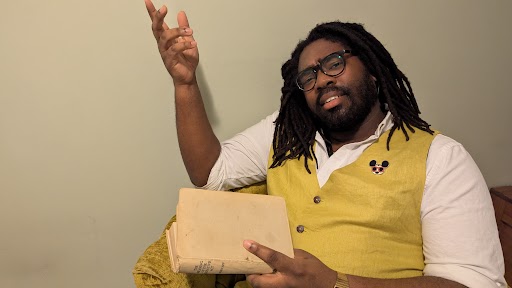July 28, 2025
Indiana Universities Grapple with New 'Thought Diversity' Law Amid Concerns of Academic Freedom

In a recent legal development, Indiana University and Purdue University find themselves at the center of a controversial state law mandating intellectual diversity in classroom teachings. This law, which requires faculty to incorporate a range of political and ideological perspectives in their curriculum, has raised alarms among educators about the potential need to include extremist viewpoints. Despite a lawsuit filed by the American Civil Liberties Union (ACLU) on behalf of several professors, a federal judge has dismissed the case citing lack of jurisdiction.
The dismissed lawsuit brought to light concerns over the ambiguity of the law's language, which professors fear could compel them to teach controversial or harmful ideologies as part of their coursework. This requirement to present "scholarly works from a variety of political or ideological frameworks" has sparked a debate on the limits of academic freedom and the responsibilities of educational institutions to foster a diverse intellectual environment without compromising educational integrity.
Critics of the law argue that it could lead to scenarios where faculty members might have to balance teachings on democratic principles with those advocating for authoritarian or even harmful ideologies. For instance, debates around historical events like the Holocaust or slavery could be forced into a 'both sides' perspective that many educators find not only unnecessary but dangerous.
The implications of this law extend across disciplines, challenging professors who may not be prepared or willing to engage with certain fringe or extremist ideologies. Questions arise about the capacity and willingness of educators to adequately cover ideologies they are neither familiar with nor support.
As the legal battle over the intellectual diversity law continues, with the potential for further appeals or legislative revisions, educational communities and civil rights advocates watch closely. The case, known as McDonald v. Trustees of Indiana University, Trustees of Purdue University, remains a significant point of contention in the ongoing discussion about the role of higher education in promoting intellectual diversity while safeguarding academic standards and freedom.
For more detailed coverage and updates on this case, interested parties can refer to reporting by The Indiana Lawyer. As this situation develops, it will undoubtedly continue to spark discussions about the balance between educational freedom and the inclusion of diverse viewpoints in academic settings.